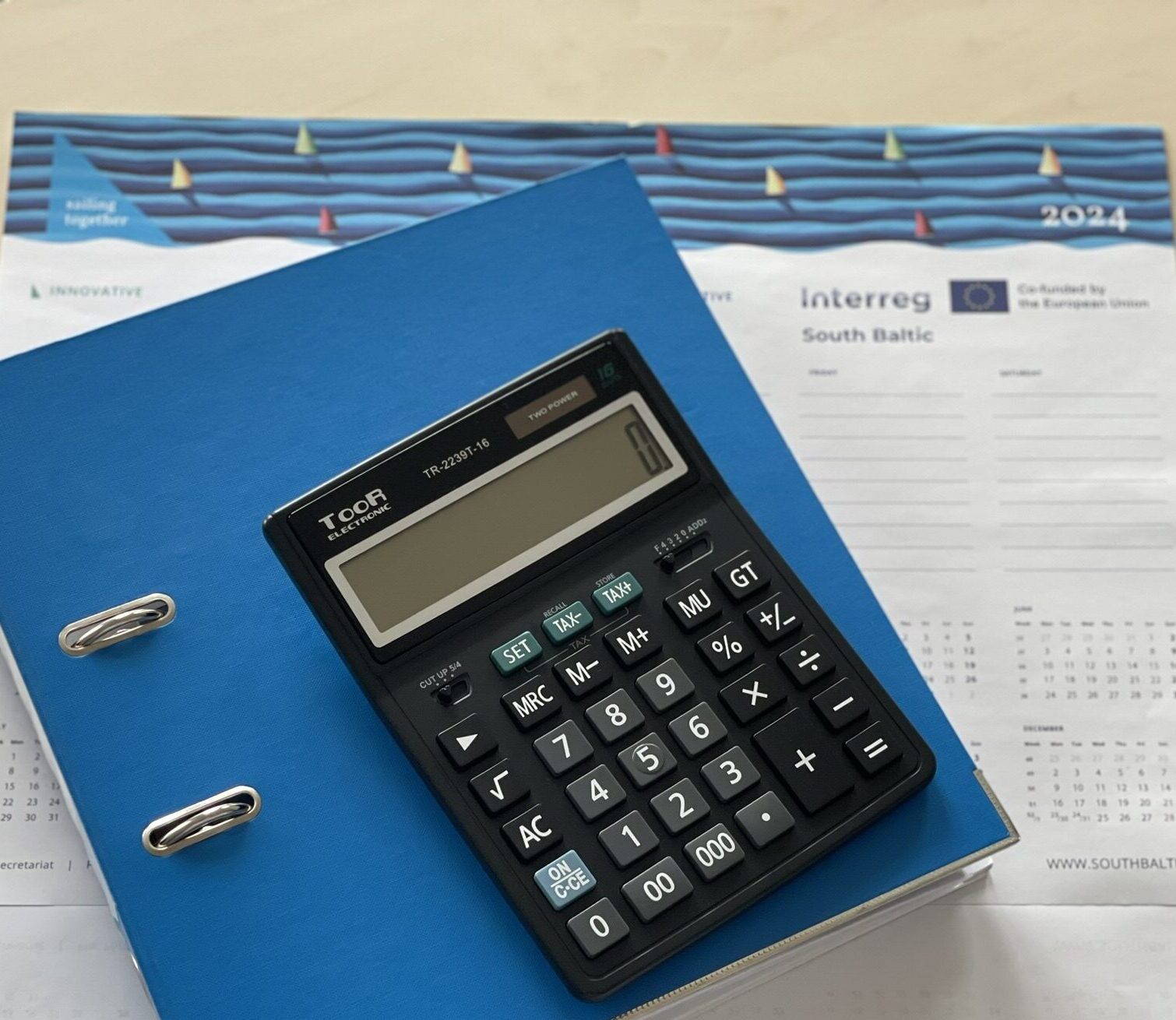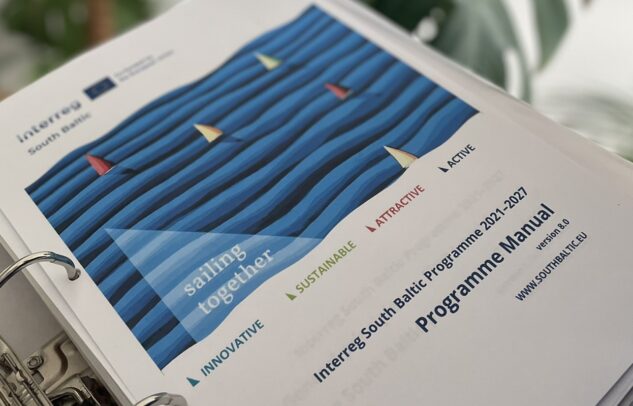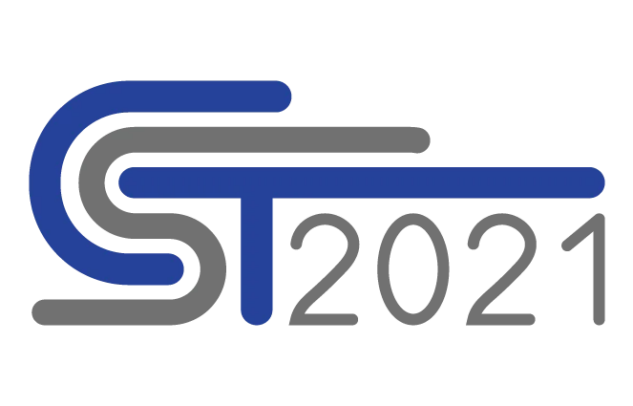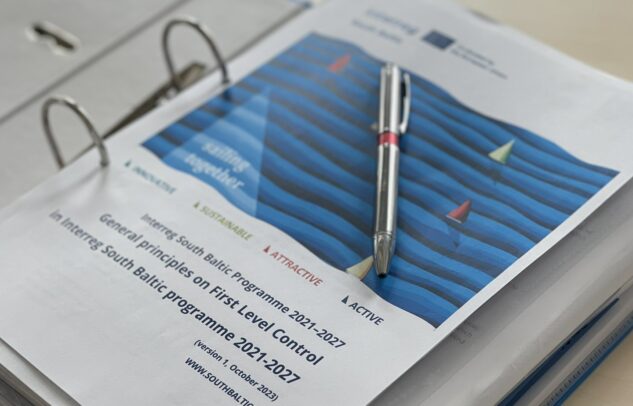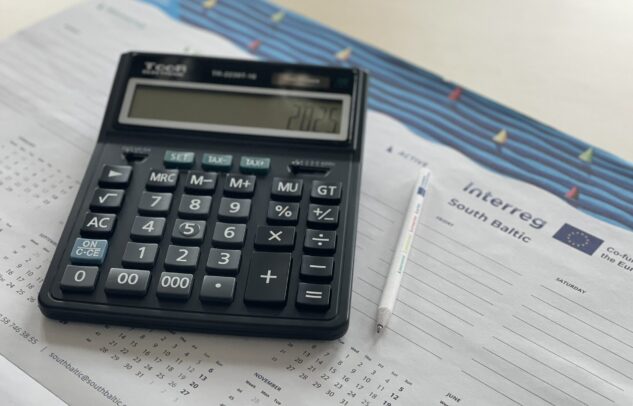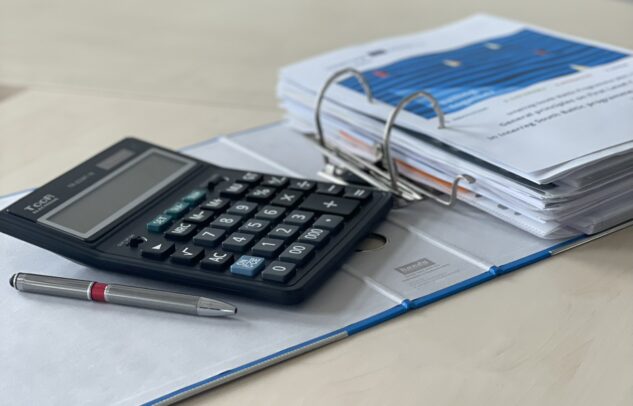-
pdf 50 pages 0.47 MBpdf 50 pages 0.47 MB
The State aid is a European Commission term which refers to forms of assistance from a public body or publicly-funded body, given to undertakings engaged in economic commercial activity on a selective basis, with the potential to distort competition and affect trade between member states of the European Union. Undertaking is understood as a project partner participating in a project.
Both State aid or de minimis aid can be awarded in the Programme:
- directly – by the Managing Authority to the project partner,
- indirectly – by the project partner to the final recipient of the project activities (an undertaking conducting economic activity in compliance with the definition of State aid).
Indirect aid includes, e.g., participation in training or workshops implemented within a project. In these workshops, a benefit (e.g., specific knowledge, skills or rights, licences) is received not by the project partner but by the final recipient in the project. The so-called final recipient receives economic advantage which would have to be paid for under normal market conditions.
The State aid is assessed case by case per project per project partner. More on the intensity of aid in the Programme and the assessment process can be found in Chapter IV, point 9 and ANNEX 6 Project selection process and criteria of the Programme Manual.
The name and number of the aid program granted by the European Commission are:
- State aid under Interreg programs for 2021-2027
- State aid scheme number: SA.111014
-
The State aid in the Interreg South Baltic Programme is awarded based on:
- Article 20 GBER up to the amount of EUR 2.2 million per undertaking, per project (direct State aid),
- Article 20a GBER up to the amount of EUR 22 000 per undertaking, per project (indirect State aid).
-
De minimis aid constitutes a special category of aid awarded by the state. It is considered that due to its small value, it does not result in distortion of competition on the EU internal market.
General rules concerning de minimis aid are:
- the threshold is up to 300 000 EUR from one Member State,
- the threshold (cumulative amount) cannot be exceed over any period of past three years (3 x 365 days) for an undertaking,
- it concerns one undertaking (all entities legally influenced by another one are treated as one undertaking).
Forms and statements
English version
-
docx 8 pages 0.06 MBdocx 8 pages 0.06 MB
-
doc 6 pages 0.05 MBdoc 6 pages 0.05 MB
-
pdf 23 pages 0.45 MBpdf 23 pages 0.45 MB
Polish version
The current version of Information form for applying for de minimis aid and Information form for applying for aid other than de minimis is available on the https://uokik.gov.pl/pomoc-publiczna website in the section State aid regulations.
-
doc 4 pages 0.05 MBdoc 4 pages 0.05 MB
-
pdf 15 pages 0.69 MBpdf 15 pages 0.69 MB
-
pdf 17 pages 0.53 MBpdf 17 pages 0.53 MB
Regulatory documents
-
pdf 12 pages 0.68 MBpdf 12 pages 0.68 MB
-
pdf 78 pages 0.64 MBpdf 78 pages 0.64 MB
-
pdf 5 pages 0.09 MBpdf 5 pages 0.09 MB
-
pdf 2 pages 0.15 MBpdf 2 pages 0.15 MB
-
pdf 2 pages 0.10 MBpdf 2 pages 0.10 MB

